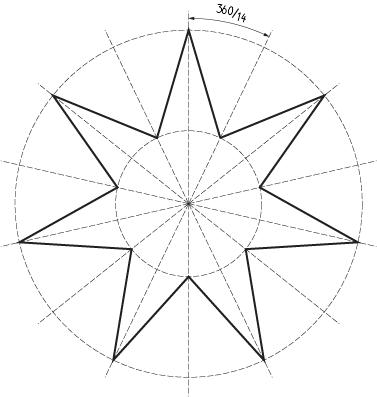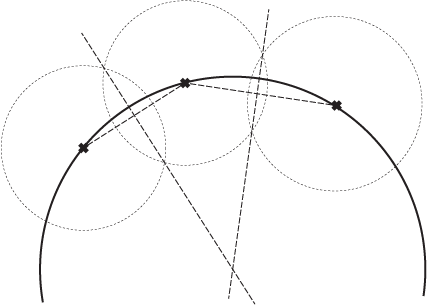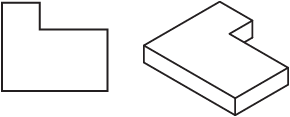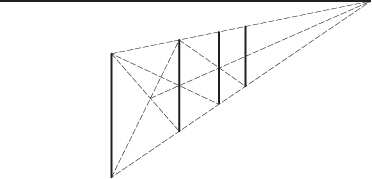Well, the thing is you don't need a whole lot of things in the world. Some food, water, shelter, and that's about it. So you definitely don't need maths, it goes into the same category as you don't need a car either. (In fact, contrary to what others have you believe you don't need money, you can live off the state's generosity in almost every prison known to man). Everything else you in addition to these things just enhances the quality of your life.
Learning suitable math does, however, help in mostly any endeavor you'll take up. It will certainly help you when and if you start to build a name for your self freelancing however I'll like to leave you with a bit more info to inspire you to look at maths in other ways.
Geometry
So there is a fun subset of math that's devoted to geometry. It really helps you in things like drawing and perhaps composition. Lets take some examples:
Client asks you to draw a 7 sided star. Okay so you know that the angle between the points is 360/7 and each high and low is 360/(2*7). So you get.

Image 1: A seven sided star.
A more elaborate one could be: Suppose you need to build a three point arc, and you happen to be a bit short on tools.

Image 2: Three point arc
So it turns out that you can use a few properties of circles, lines and triangles. You can always form a circle that hits 2 points by drawing the center of the circle on the midpoint normal of the connecting line. You can find the midpoint by drawing any circles that cross each other. They will cross ate the center so if you connect the intersections you will get the center normal. Now because 3 points have to satisfy two of these the ONLY circles center lies at the intersection of the 2 normals.
Another example: How do you turn a drawing into a isometric drawing? Well, this builds on a advanced mathematical concept of linear algebra. You know one of those things where you ask when will that car overtake the freight train when speed of car is 80 km/h and train is 60 km/h and the train has a 12 kilometer head start. Oh and it also uses trigonometry.

Image 3: Transforming lines to a isometric configuration is maths
One more example: Finding the lines that are equidistant in a perspective drawing is about finding the center of corners and then a extension line that intersects the baseline. This too is math.

Image 4: Equidistant perspective relies of finding the center and intersections.
So keep your eyes open there is fun math for everyone out there. Do you need it? Not particularly, but it helps.




